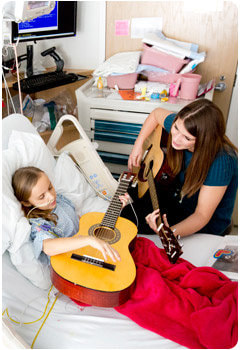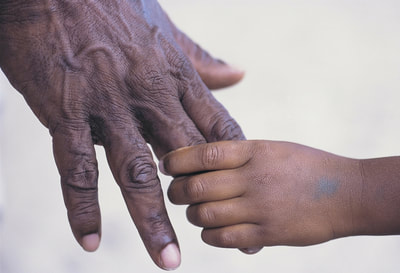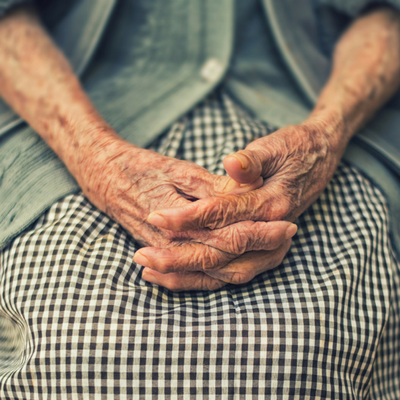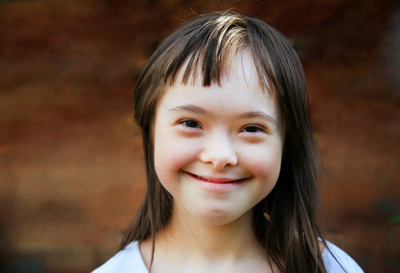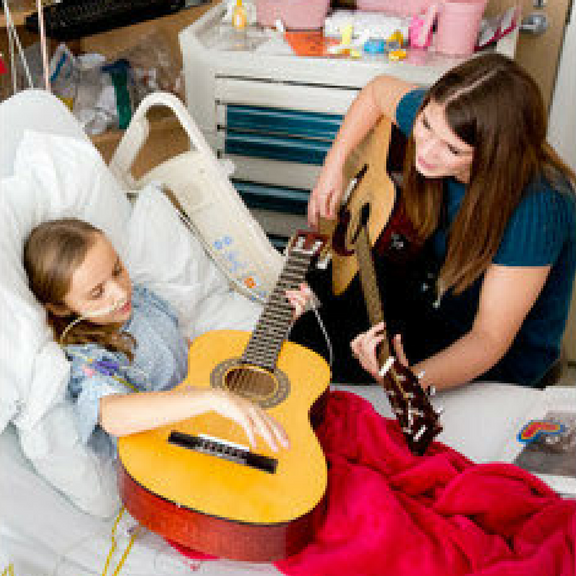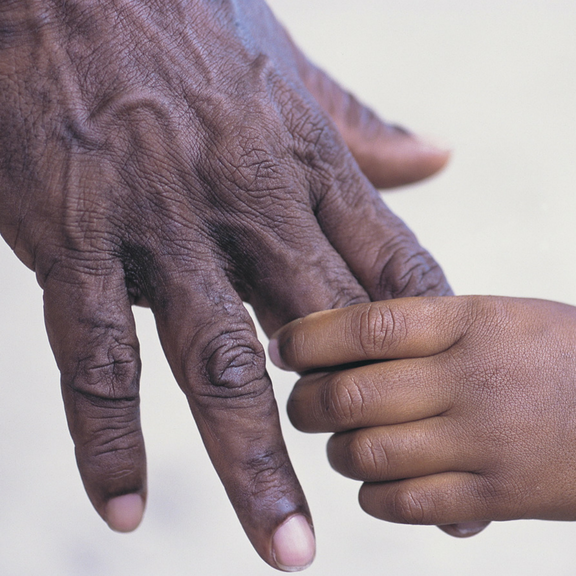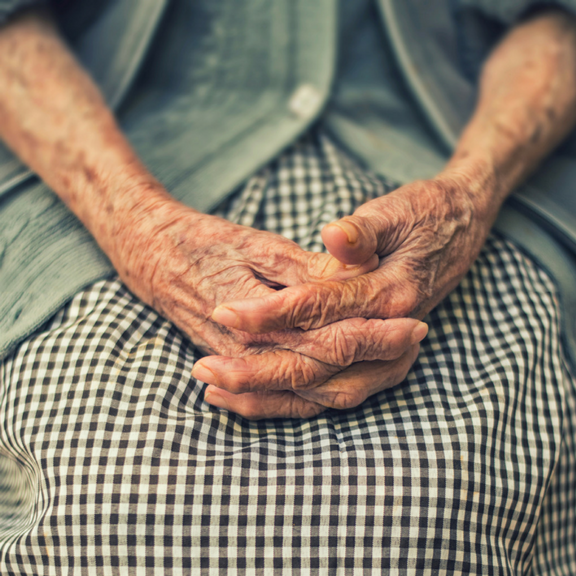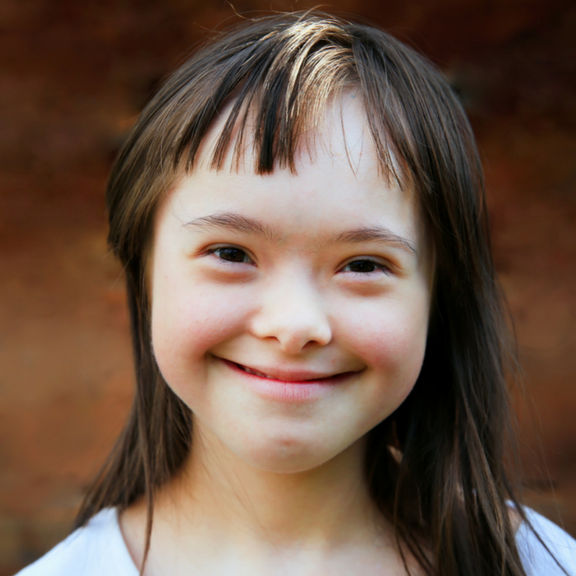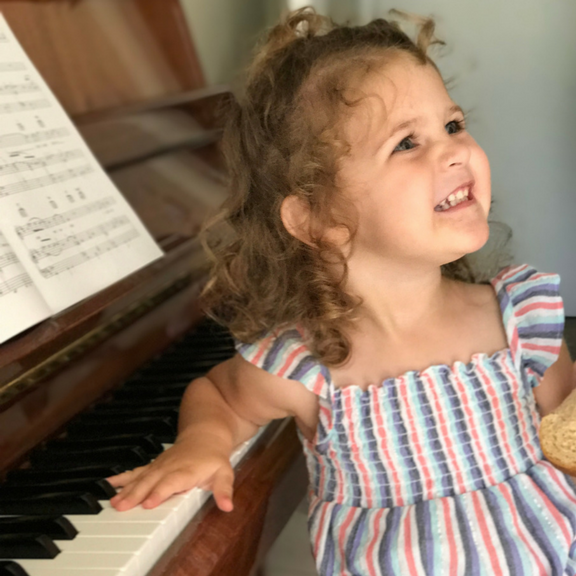|
"Music therapy is an established healthcare profession that uses music to address physical, emotional, cognitive and social needs of individuals of all ages."
- American Music Therapy Association |
Utah Music Therapy Specializes in Assisting:
Utah Music Therapy
|
Individual Sessions
Addressing individual healthcare goals for hospice patients may include:
|
Group Sessions
Group therapy can be the perfect avenue for patients and families to connect.
|
Facility Contracting
Particularly beneficial for companies with a high concentration of patients in a single facility.
Music therapy services provided on-site, typically for an 8-hour work day or for a set number of individual and group sessions. |
Utah Music Therapy
Currently Serving Northern Utah
970.213.2831
Currently Serving Northern Utah
970.213.2831
Care facilities can offer a myriad of opportunities, serving many different kinds of people with different backgrounds and diagnoses. This can breed unique challenges, including feelings of isolation and a loss of choice and control. Music as a therapy provides a safe place, and a common denominator, between residents, as well as between patient and therapist. Because music therapy can be flexible, it caters to the many needs a care facility may have, addressing a patient's constantly changing health status, as well as incorporating group and individual sessions.
Music therapy Goals for Care facilities may include:
|
Common interventions used in Care facilities:
|
In an end-of-life situation, there are many concerns for both the dying patient, as well as those who love them; the decrease in their ability to function, wanting to leave a meaningful legacy, processing cherished, and sometimes difficult, life experiences, the anxiety of the unknown and of potential pain, being able to say goodbye, but most commonly, hoping that their life was of value, and that their existence was meaningful. Music therapy is a vital treatment for hospice patients and families in that it is a flexible modality of treatment, and can address the ever-changing needs of the patient in their decline.
Common Music therapy Goals for hospice patients may include:
|
Common interventions used in hospice Care:
|
|
"The primary goal of palliative care is to promote patients' quality of life by alleviating physiological, psychological, social and spiritual distress, and improving comfort."
|
|
Music therapy groups and individualized sessions are able to target specific therapeutic goals for residents. Music is a rewarding, social, and even fun way to bring positive change into the lives of patients. Using live, in-the-moment music making interventions, patients will find themselves being able to easily engage, succeed, and relate with their peers. There are many benefits in utilizing music therapy in your facility, including those in late stages of dementia and Alzheimer's Disease.
Common Music therapy Goals for Dementia patients may include:
|
Common interventions used in Dementia Care:
|
It is our firm belief that your child with special needs is a child first and foremost. Because music is so versatile, it can easily be adapted to your loved ones very individual needs. Using music, we are able to reach common ground and offer opportunities for them to express themselves and realize their intrinsic value. Music therapy interventions allow avenues for success and for your loved one to grow, even if by small and simple measures.
Common Music therapy Goals for special needs patients may include:
|
Common interventions used in special needs Care:
|
Music can be an extremely useful mode of therapy for children, from infancy to young adulthood, for many reasons. Music therapy typically perceived as non-threatening. Music, can also be a rewarding experience for children of all ages. Because of this, there can be many "backdoor" approaches, all while allowing the child to explore and creatively succeed and work on their goals.
Music therapy Goals for Child and adolescent development sessions may include:
|
Common interventions used in Child and adolescent development:
|
Want more information?
|
Learn how Music Therapy can give you greater peace of mind by helping your loved one reconnect with cherished memories and sense of self.
|
|
Learn more about how Music Therapy Services can increase your average daily census and improve the quality of services offered.
|
